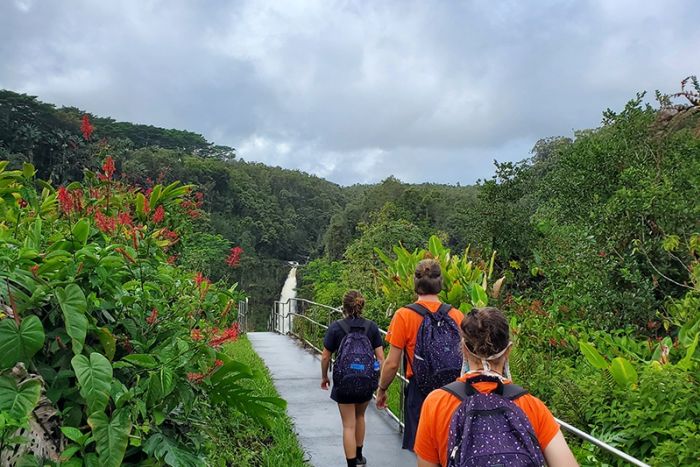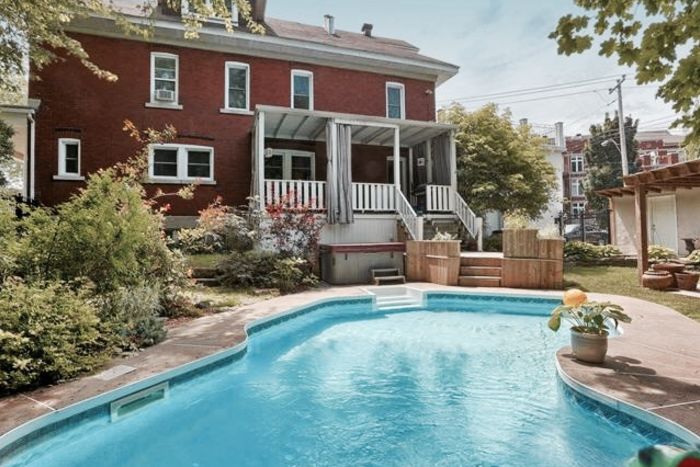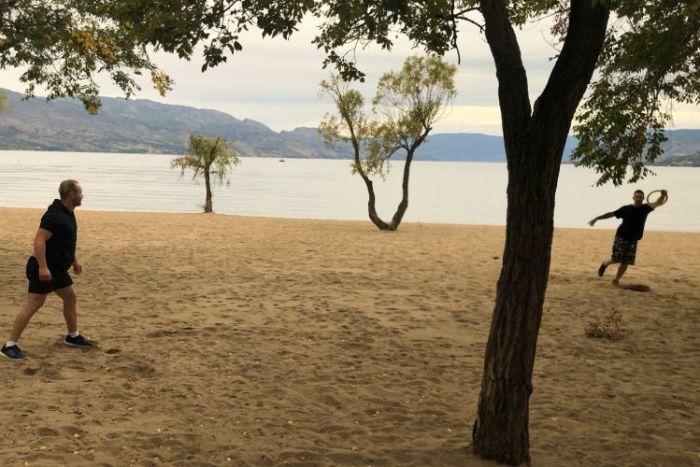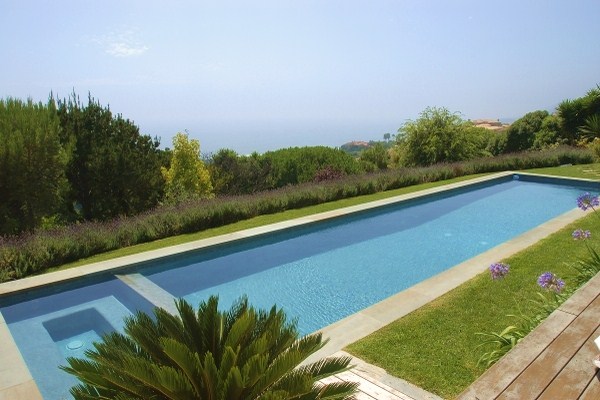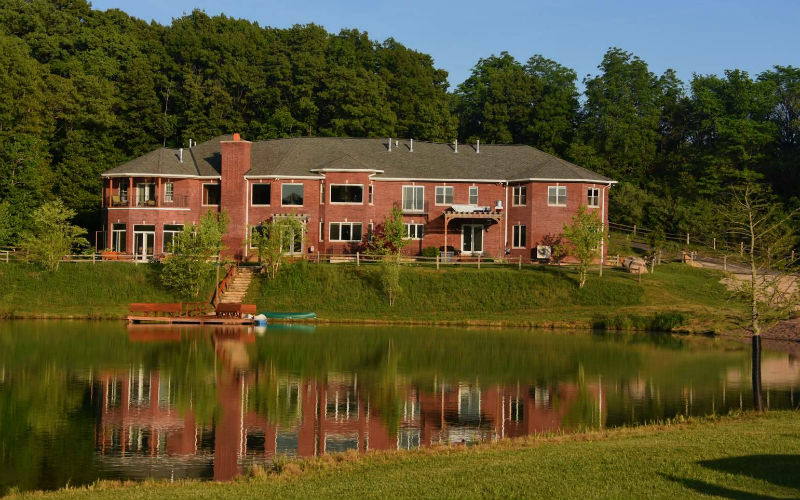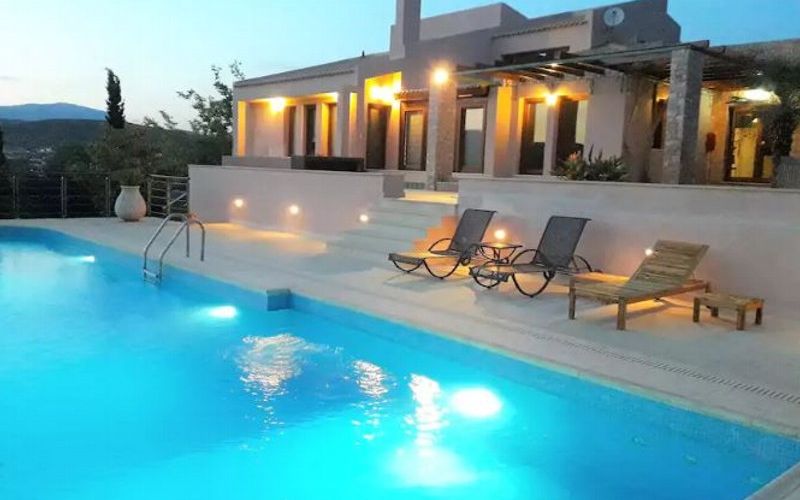We hear it all the time: “celebrities are just like everyone else.” And in many ways, that’s true. But you might have some unique concerns when it comes to rehab. For example, privacy, flexibility, and maintaining your lifestyle might be especially high priorities. In a luxury rehab center, you can start addiction and mental health recovery without sacrificing your other needs.
Why Is Addiction So Common in Celebrities?
Addiction doesn’t discriminate. Whether or not you’re famous, you might develop an addiction for a variety of reasons. But certain aspects of fame contribute to higher rates of addiction among affluent people:1
- Easier access to drugs and alcohol
- Isolation from trustworthy support systems
- Trauma from abuse and neglect, especially during childhood fame
- Pressure from demanding professions
Like anyone else, some celebrities may also have a genetic predisposition to addiction.2 This risk is further increased when combined with a stressful lifestyle.
Unique Challenges of Recovery for Celebrities
If fame plays a role in developing addiction, it also affects how you access treatment. Many celebrities have ongoing contractual obligations like games, tours, or interviews. So if you take time off work for treatment, you might face career and financial penalties. And those commitments don’t end after rehab. Many of them even come with an expectation to drink or use drugs with your colleagues and fans.
High achievers also face significant financial pressures. You might be supporting a large staff, artistic collaborators, and loved ones. So if you stop working, they could feel immediate effects. And fame doesn’t always bring financial success. High-profile activists, politicians, and artists can’t always afford rehab centers with the strict privacy they need.
For this demographic, public opinion has a major impact on the recovery process. And unwanted media attention can interfere with healing. Because of this, confidentiality is a major concern for high-profile clients—as it should be. You have the right to recover on your own terms. That’s why most rehabs have privacy policies that keep celebrities safe from prying eyes.

What Do Celebrity Rehabs Offer?
Celebrity rehabs understand the unique ways that fame affects addiction and recovery. There are a few key ways rehabs approach treatment for high-profile patients.
Confidentiality
For most celebrities, privacy is essential for recovery. That way, you can focus on yourself and the changes you want to make, without distractions. With this in mind, celebrity rehabs have strict privacy policies.
For the utmost confidentiality, some rehabs treat only one client at a time. Centers like Alive Luxury Private Retreats and Rehab cater specifically to celebrities. They take a personalized approach to recovery, tailoring treatment to meet your unique needs.
Location can also play a role in keeping your recovery private. Swiss rehabs, for example, take anonymity to the next level. Jan Gerber, CEO of Paracelsus Recovery in Zurich, explains:
“In terms of confidentiality, that’s basically the second name of Switzerland. It’s the banking secrecy, the whole discretion. The Swiss mindset is, in a way, non-sensational. We get clients who are celebrity, A-list Hollywood actors, who go to the local Starbucks. Of course they’re recognized, but it’s not in the news, the local tabloids don’t write about it, and they’re not harassed for autographs either.”
Flexibility
With success comes responsibility. If a team of employees depend on you, you might not be able to take time off work for recovery. Or you might need to attend social functions, or stay in touch with your family. At many elite rehabs, you can keep these commitments during your stay.
Some centers have more relaxed device use policies, so you can stay connected throughout treatment. Others even allow you to work remotely. As long as these activities don’t interfere with your progress, you can continue taking care of business while you heal.
Gerber describes how the clinicians at Paracelsus Recovery accommodate each patient’s individual needs:
“We’ve had people with regular scheduled TV appearances, such as entertainers who have had to be in front of the camera once a week in a different country. We could accommodate that. We have people who run companies, or family business empires. They have to have work calls every day. We have to accommodate that.”

Joyful Recreation
If you’re successful in your chosen field, you may be accustomed to a certain lifestyle. Rehab doesn’t have to interrupt that. In fact, learning to enjoy yourself without drug use is an important part of recovery.3
At White River Manor in South Africa, for instance, patients can go bungee jumping, whitewater rafting, or even on safari. Director Co-Owner Giles Fourie describes the therapeutic value of these activities:
“There’s great therapy in that. It’s also just about having fun. There’s great value in our clients experiencing what it is to have fun outside of addiction, outside of the substances that they believed they needed in order to experience joy in their lives.”
And these experiences don’t just bring joy to your time in treatment. They can also set you up for long-term success.
Comprehensive Aftercare
When you leave inpatient treatment, you’ll probably return to the same world you left behind. Even if you’re sober, you might need to keep attending high-profile events where drugs and alcohol play a role. And you’ll still face the same pressures you did before entering treatment.
That’s why many celebrity rehabs offer comprehensive aftercare. You can return to the center for a follow-up stay, or meet with your therapist remotely. Some rehabs, like Tikvah Lake Recovery, even offer sober companions to join you at special events. Their presence can help you work through triggers and avoid relapse.
What Rehabs Do Celebrities Go To?
Recovery is unique for everyone—even high-profile clients. While many celebrity rehabs are lavish retreats, that’s not universally true.
As extravagant as this sounds, not all celebrity rehabs are expensive. And most of them accept insurance since the adoption of the Affordable Care Act. Treatment in some parts of the world, like Thailand, is particularly accessible. Whatever your budget is, you can likely find a luxury rehab that fits your lifestyle.

Bespoke Luxury Rehabs
When you’re used to a high standard of living, leaving it behind can interfere with healing. But if luxury amenities are a priority for you, many rehabs can meet your needs. You might have a private chef, personal trainer, and house staff assigned to you during your stay. And you can stay in a 5-star room, private suite, or even an entire villa. Many luxury rehabs also offer a 24/7 concierge service. You’ll have somebody there to act as a liaison between you, the staff, and your loved ones throughout treatment. And they can also be an important source of emotional support outside of your treatment team.
In rehabs like Orenda at Futures, this approach is central to recovery. Their team believes “freeing patients to concentrate fully on therapy produces better outcomes.”4 To that end, their team is dedicated to meeting each client’s unique needs. They’re always available to answer your questions and make your stay as comfortable as possible.
Holistic Rehabs
Holistic rehabs treat addiction using a variety of evidence-based and alternative therapies:
- Talk therapy
- Eye movement desensitization and reprocessing therapy (EMDR)
- Animal-assisted therapy
- Meditation
- Acupuncture
- Massage
- Energy work like Reiki
- Traditional Chinese Medicine (TCM)
These types of rehabs treat the whole person, addressing your physical, mental, and spiritual wellness. At Alta Mira Recovery in California, expert staff “address neurobiological, psychological, social, physical and spiritual aspects of addiction” with therapies ranging from cognitive behavioral therapy (CBT) to equine therapy.
Celebrity Rehabs: Joyful and Private Places to Heal
When you find fame, it’s all too easy to lose yourself in the process. In treatment, you can get to know yourself again without the pressure of public opinion. And you won’t have to choose between career success and recovery. Celebrity rehabs show you how to keep the best parts of your lifestyle, and let go of the behaviors that aren’t serving you.
Search our collection of luxury rehabs to learn more about their locations, approaches, and special considerations.


